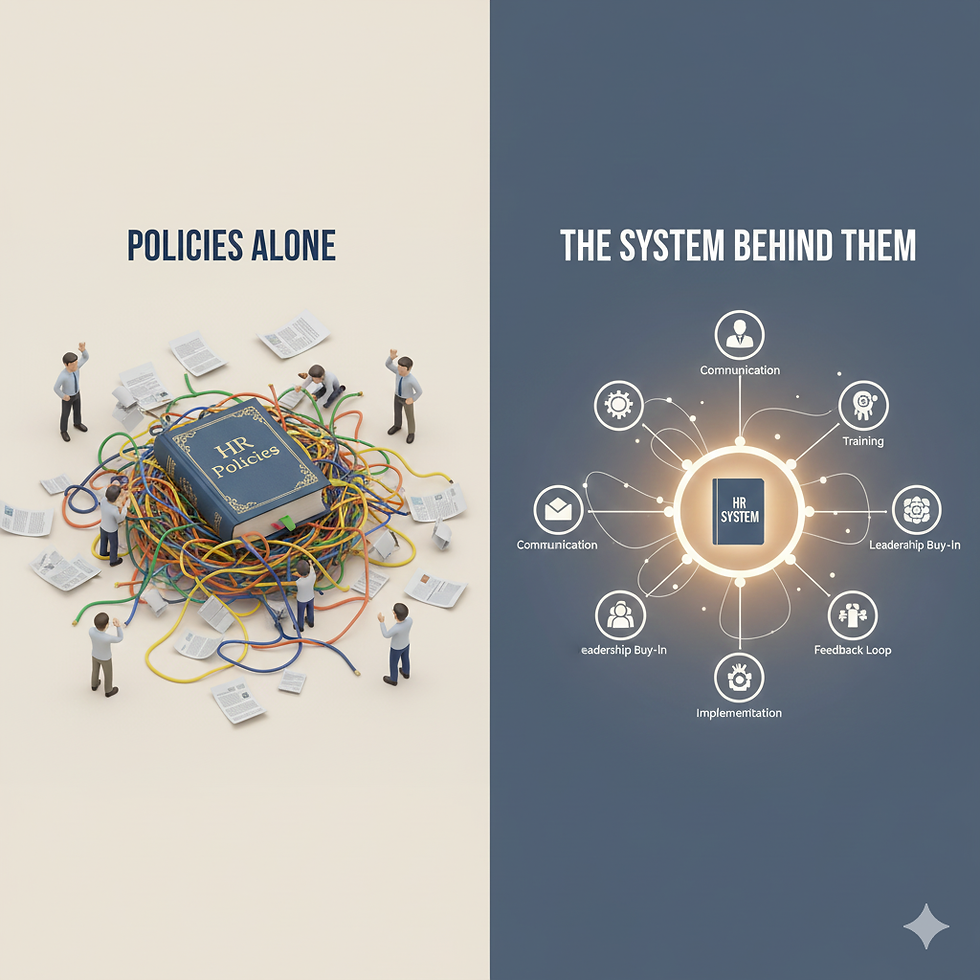Why Now Is the Time to Get Serious About Psychosocial Hazards in the Workplace
- Storme Paes
- May 9, 2025
- 2 min read

If you’re a business owner, manager, or team leader, you’ve likely heard increasing chatter about psychosocial safety at work. It’s more than just a buzzword. In 2025, regulators across Australia are stepping up their expectations and so should you.
What Are Psychosocial Hazards?
Psychosocial hazards are aspects of work that have the potential to cause psychological or physical harm. These might include:
Job demands that are excessive or poorly managed
Workplace bullying, harassment, or exclusion
Poor support or role clarity
Traumatic events or exposure to violence
Low levels of control over how work is done
With updated WHS regulations now mandating the identification, assessment and control of psychosocial risks—just like physical hazards—this is no longer optional. It’s a legal obligation.
Why This Matters Now
Increased enforcement is already underway. Safe Work SA and other regulators are conducting audits that include psychosocial hazard management. Businesses that can’t show evidence of proactive risk control may face fines, claims, or reputational damage.
But more importantly, your people are your business. Rising rates of burnout, mental health claims, and disengagement are all symptoms of environments that aren't psychologically safe. Addressing this isn’t just about compliance—it’s about creating a workplace that people want to be part of.
What You Should Be Doing
If you haven’t started yet, here’s what you should prioritise now:
✅ Update your WHS risk register to include psychosocial risks
✅ Conduct a psychosocial risk assessment (a simple staff survey + focus group is a great place to start)
✅ Train managers in identifying early warning signs of psychosocial stress
✅ Develop or review policies on bullying, harassment, flexible work, and workload management
✅ Establish clear reporting pathways for concerns and ensure follow-up
How We Can Help
At P&P Consulting, we support businesses across construction, healthcare, tech, and manufacturing to stay compliant—and build healthier workplaces. We can assist you with:
Tailored psychosocial risk assessments
WHS policy development and review
Leadership coaching for psychologically safe teams
Templates and compliance toolkits that won’t slow down your operations
Psychosocial hazards aren’t just HR’s problem—they’re a business risk. But managed well, they can become a source of strength, driving productivity, retention, and team trust.
If you're not sure where to start or need a fresh pair of eyes on your WHS strategy, let's talk.
Would you like this repurposed into a LinkedIn post or email campaign as well?



Comments